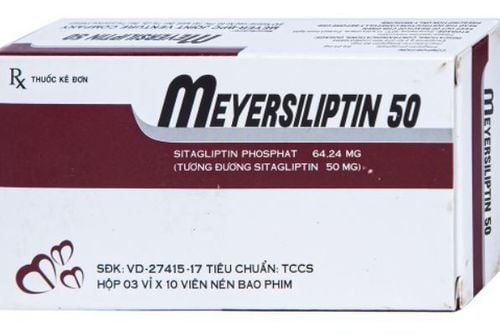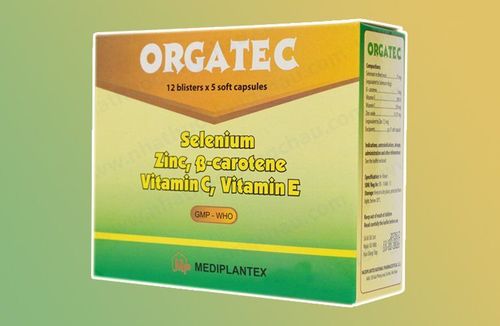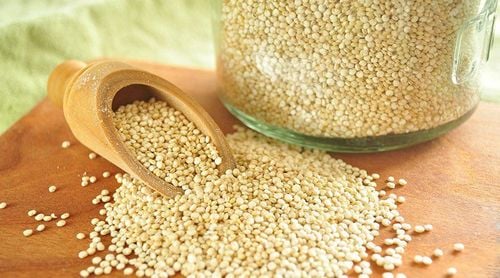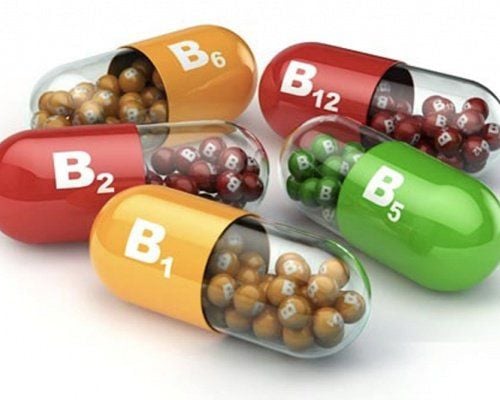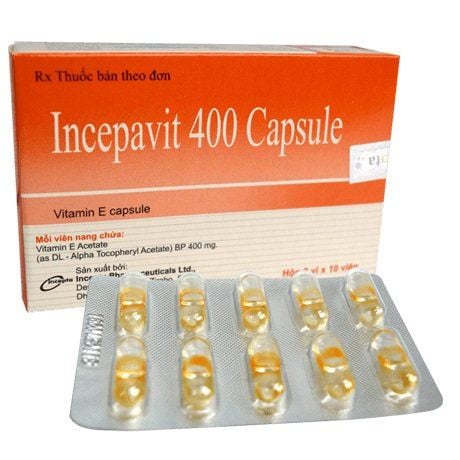This is an automatically translated article.
Quinoa is a whole grain that is rapidly gaining popularity due to its many health benefits.1. What is Quinoa?
Quinoa, often described as a "superfood" or "super grain," has become popular among health-conscious people, with good reason. Quinoa is packed with protein, fiber, and a variety of vitamins and minerals. It is also gluten-free and recommended for people who are on a gluten-free diet.Often used as a substitute for rice, quinoa is often thought of as a grain and is often referred to as such, but it is actually a grain. When cooked, quinoa is soft and fluffy, with a slightly fatty taste. It can also be made into dough, flakes and various foods like pasta and bread.
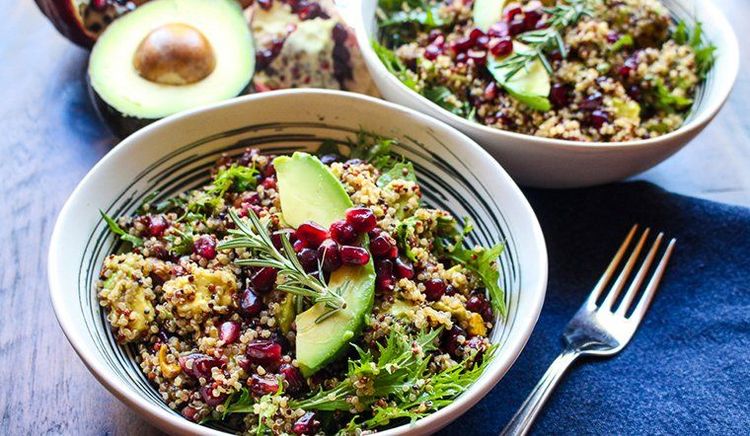
Quinoa thường được mô tả là "siêu ngũ cốc", đã trở nên phổ biến đối với những người có ý thức về sức khỏe
2. Nutritional value of Quinoa seeds
Cooked quinoa consists of 71.6% water, 21.3% carbohydrates, 4.4% protein, and 1.92% fat.One cup (185 grams) of quinoa contains 222 calories.
Nutrition facts for 100 grams of cooked quinoa are: Calories: 120, Water: 72%, Protein: 4.4 grams, Carbs: 21.3 grams, Sugar: 0.9 grams, Fiber: 2, 8 grams, Fat: 1.9 grams.
Quinoa is a great source of antioxidants and minerals, providing more magnesium, iron, fiber and zinc than many common grains.
Here are the main vitamins and minerals in quinoa:
Manganese: Found in large amounts in whole grains, this trace mineral is essential for metabolism, growth and development. Phosphorus: Commonly found in protein-rich foods, this mineral is essential for bone health and the maintenance of various body tissues. Copper: A mineral often lacking in the Western diet, copper is important for heart health. Folate: One of the B vitamins, folate is needed for cell function and tissue growth and is considered especially important for pregnant women. Iron: This essential mineral performs many important functions in your body, such as transporting oxygen in red blood cells. Magnesium: Important for many processes in your body, magnesium is often lacking in the Western diet. Zinc: This mineral is important for overall health and is involved in many chemical reactions in your body.
3. Plant compounds with nutritional value for health
Quinoa contains many plant compounds that contribute to its flavor and health effects. These include:Saponins: These plant glycosides protect quinoa seeds against insects and other threats. They have a bitter taste and are usually removed by soaking, washing or roasting before cooking. Quercetin: This powerful polyphenol antioxidant may help protect against various diseases, such as heart disease, osteoporosis, and some forms of cancer. Kaempferol: This polyphenol antioxidant may reduce the risk of chronic diseases, including cancer. Squalene: This steroid precursor also acts as an antioxidant in your body. Phytic acid: This antinutrient reduces the absorption of minerals, such as iron and zinc. Phytic acid can be reduced by soaking or sprouting quinoa prior to cooking. Oxalates: They can bind calcium, reducing calcium absorption and increasing the risk of kidney stone formation in susceptible individuals.

Hạt Quinoa cung cấp nhiều magiê, sắt, chất xơ và kẽm hơn nhiều loại ngũ cốc thông thường
4. Health Benefits of Quinoa
Nutritious and rich in many minerals and plant compounds, quinoa can be a healthy addition to your diet.Some data suggests that quinoa may increase your overall nutrient intake and help lower blood sugar and triglycerides.
4.1. Reduce blood sugar
People with type 2 diabetes cannot use insulin effectively, causing high blood sugar and various complications.Refined carbs are linked to an increased risk of type 2 diabetes and heart disease, while whole grains like quinoa are associated with a reduced risk.
A study following a high-fructose diet found that eating quinoa significantly reduced blood cholesterol, triglycerides, and blood sugar levels, all of which are linked to type 2 diabetes.
Quinoa seeds reduces both blood triglycerides and free fatty acids. It also affects blood sugar to a lesser extent than gluten-free pasta, gluten-free bread, and traditional bread.
4.2. May aid in weight loss
Quinoa has many properties that make it a weight loss friendly food.It has a higher protein content than similar foods, such as rice, corn and whole wheat. Protein is considered an important factor for weight loss, as it promotes metabolism and satiety. In doing so, it may help prevent obesity and related diseases.
Fiber is also important for weight loss, promoting reduced calorie intake by increasing satiety and improving gut health.
Quinoa has more fiber than many whole grain foods.
The value of quinoa is relatively low and low glycemic foods have been shown to prevent overeating and reduce feelings of hunger.

Hạt Quinoa có hàm lượng protein cao hơn so với các loại thực phẩm tương tự, như gạo, ngô và lúa mì
4.3. Quinoa contains Iron
Iron helps keep our red blood cells healthy and is the basis of hemoglobin formation. Iron carries oxygen from cell to cell and delivers oxygen to our muscles to aid in the contraction process. Iron also increases brain function because the brain absorbs about 20% of the oxygen in our blood. There are many benefits of iron; It aids in neurotransmitter synthesis, body temperature regulation, enzyme activity and energy metabolism.Any questions that need to be answered by a specialist doctor as well as customers wishing to be examined and treated at Vinmec International General Hospital, please contact the Website for the best service.





